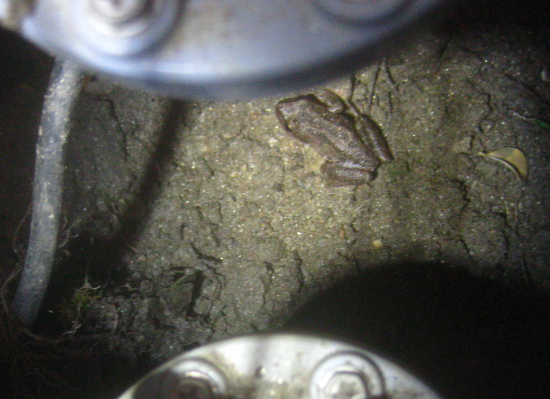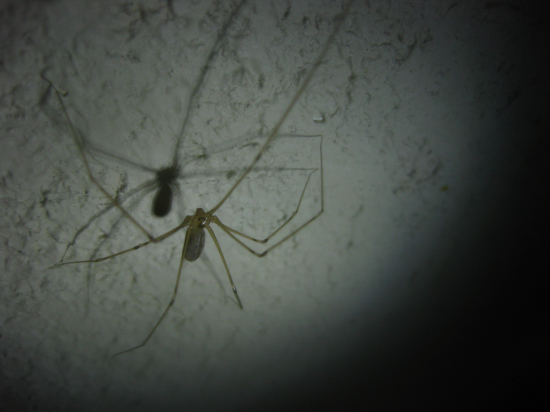
Sometimes I don't really realise I'm in a bad mood until I open my mouth. On the other hand, it's possible that I was justified in being upset at hearing the other students in my group in American Literature class to-day describe Mary Rowlandson's first hand account of her eleven week captivity by Native Americans in 1675 as an attempt to champion the cause of Native Americans to people in England, to give a positive impression of America's native peoples and show them as a viable trade relation.
I sat quietly as one group member took up the line of thought from another, until they all seemed comfortable with the idea that Rowlandson was an advocate for respecting Indian rights. Then I said, "She describes the Indians stripping a pregnant woman naked and butchering her." I laughed weakly, "That doesn't sound very positive."

"Yes, but . . ." said one student, "She does say later in the story that she was able to trade with some of them."
"And that the deals she made frequently weren't honoured," I said. In fact, Rowlandson's portrayal of Native Americans shifted between showing them as bloodthirsty savages and capricious, childish blackguards. I could see the subtle fear in the eyes of my fellow students as I pointed these things out, as though the idea that anyone had ever written about Native Americans from a fundamentally different perspective than Disney's Pocahontas was an unthinkably gauche suggestion. The scary thing to me was that I think some of them actually had done the reading.

I did quite a lot of reading for class this week, including some Edgar Allan Poe, both pieces I'd already read--"The Fall of the House of Usher" and an essay called "The Philosophy of Composition" in which Poe dissects his own The Raven, talking about the process in which he wrote it, insisting that the whole thing was totally a manner of craft and calculation, that the effectiveness of the work, indeed the effectiveness of all artistic works, could be expressed with mathematic precision.

I think it's a pretty clear case of an artist selling himself pretty short. In fact, I would say that if a poem were constructed entirely based on the instructions Poe gives--finding the saddest word, the gloomiest possible image--the result would be incredibly insipid, 99 times out of a 100. There is certainly valuable insight into Poe's belief in the usefulness of an indoor setting with rich furniture as contributing to the beauty, though I think one of the great effects of this which Poe may or may not have been consciously aware of is that it helps to establish the narrator as being an habitually isolated person of nervous temperament--as indeed does the obsessively precise arrangements of syllables and rhyme, the extraordinary flow of which evinces the irrepressibility, the inescapability, of nature, something I think Poe was truly disturbed by.


No comments:
Post a Comment